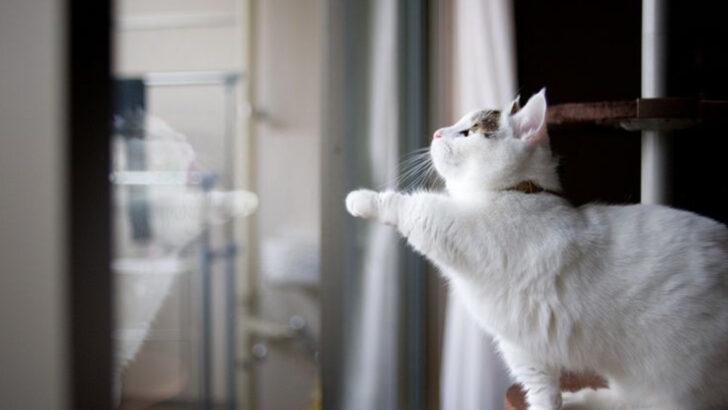Munchkin cats are known for their adorable short legs and playful nature, making them a delightful addition to any household.
However, owning a Munchkin cat requires understanding their unique needs and characteristics.
While they are affectionate and curious, there are specific things you should avoid to ensure their well-being and happiness.
This article explores 15 actions to steer clear of if you have a Munchkin cat, providing insights into their care and the special considerations they require.
Whether you’re a new owner or a seasoned cat lover, these tips will help you provide the best environment for your furry friend.
Ignoring Their Need for Exercise
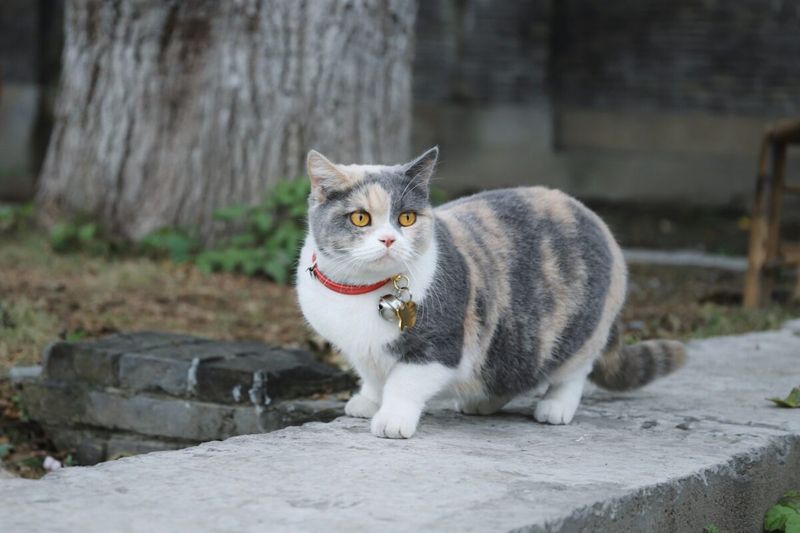
Munchkin cats, despite their short legs, have a vibrant energy that demands regular exercise. Neglecting this need can lead to obesity and health issues. Engage them with interactive toys, like feather wands and laser pointers, to keep their agile minds and bodies active.
Create a playful environment with cat trees and tunnels to encourage climbing and exploration. Even a few minutes of daily play can make a difference in their overall health and happiness.
Remember, a bored Munchkin cat may resort to destructive behaviors, so keep the fun and exercise consistent.
Feeding Them an Inappropriate Diet
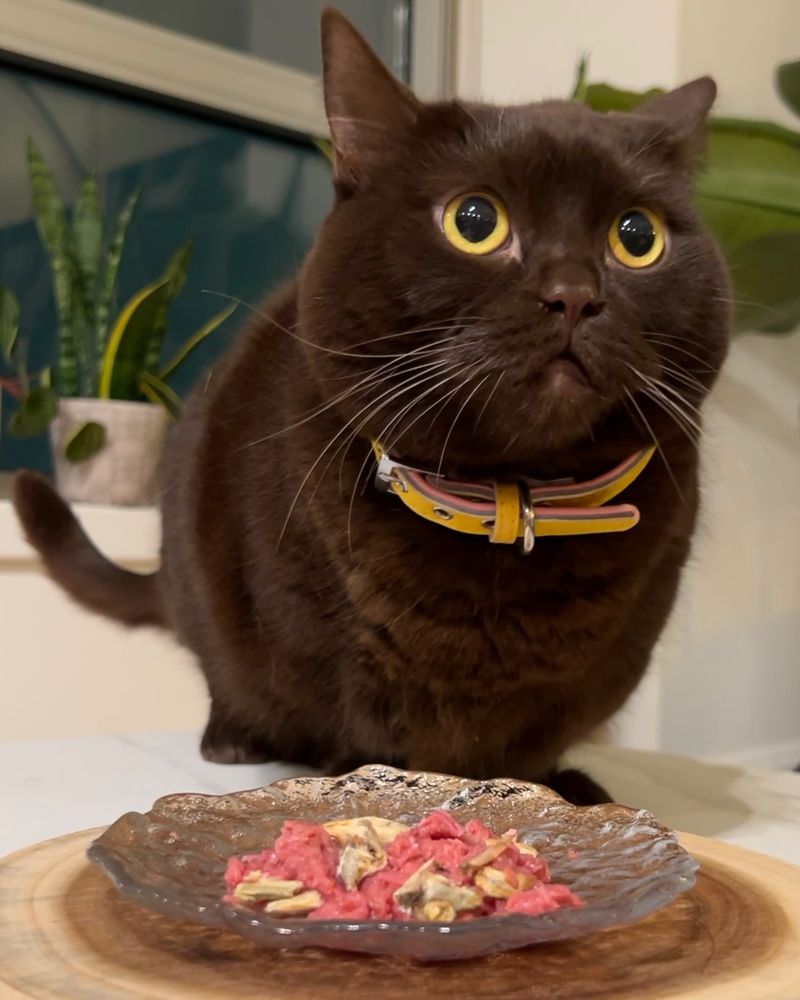
A Munchkin cat’s diet should be balanced and rich in nutrients to support their unique body structure. Feeding them low-quality food can lead to digestive problems and malnutrition. Choose a diet that provides necessary proteins, vitamins, and minerals, specifically formulated for their needs.
Consult your veterinarian to tailor a diet plan that suits your cat’s age, weight, and health status.
Be cautious about overfeeding, as their smaller stature makes them prone to obesity. Monitor their weight regularly and adjust their food intake to maintain a healthy lifestyle.
Skipping Regular Vet Visits
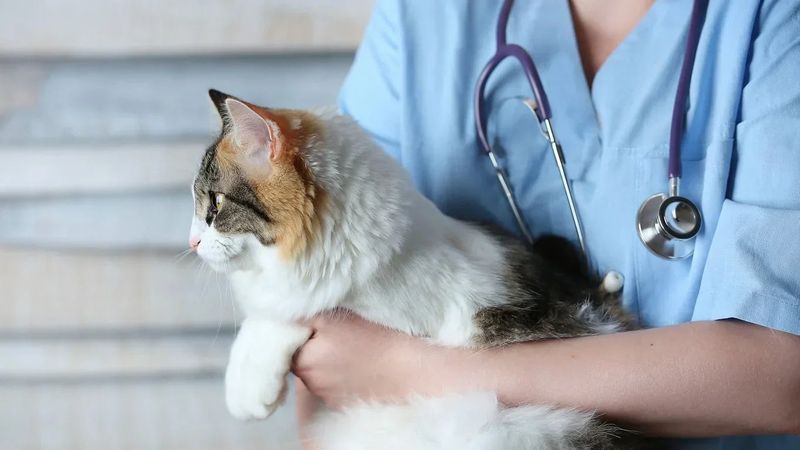
Regular veterinary check-ups are crucial for a Munchkin cat’s well-being. Skipping these visits can mean missing signs of underlying health issues. Establish a routine vet schedule to monitor their health, teeth, and overall condition.
Vaccinations, dental care, and preventive treatments for parasites are essential components of their health regimen. Regular blood tests can help in early detection of potential problems.
Building a relationship with a trusted veterinarian ensures that your cat receives the best care tailored to their unique needs and characteristics.
Overlooking Their Grooming Needs
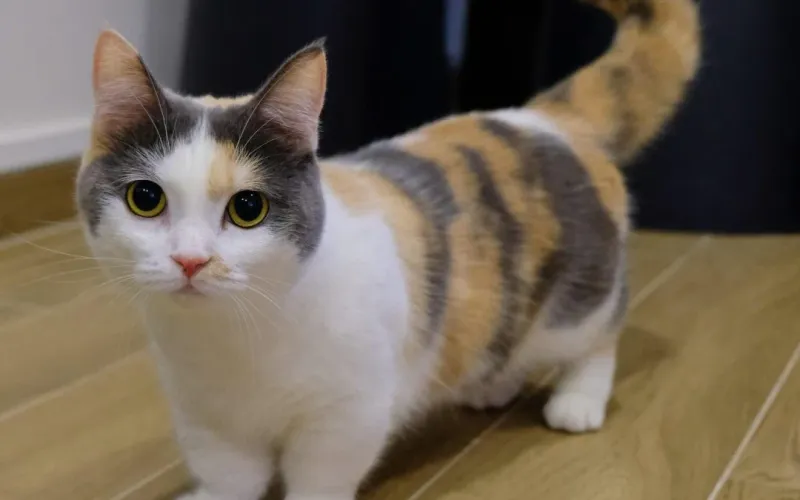
Munchkin cats may not require as much grooming as long-haired breeds, but regular care is still essential. Overlooking their grooming can lead to matting, shedding, and skin issues. Brush them weekly to maintain a healthy coat and reduce shedding around the home.
Pay attention to their ears, eyes, and nails, as these areas need regular care to prevent infections and discomfort.
A gentle grooming routine not only keeps them looking their best but also strengthens the bond between you and your pet, making it an enjoyable experience for both.
Providing Unsafe Climbing Spaces
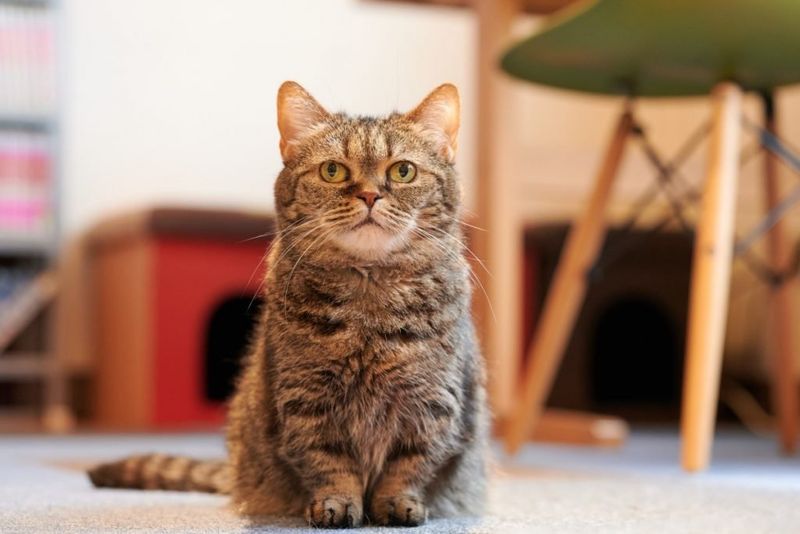
Munchkin cats love to climb, but their unique body structure demands safe spaces. Providing them with unsafe climbing areas can lead to injuries. Invest in cat trees and shelves designed with their short legs in mind to prevent accidents.
Ensure that all climbing areas are sturdy and secure, avoiding high places that may be difficult for them to navigate.
Create an enriching environment where they can explore without the risk of falling or getting hurt, keeping their adventurous spirit alive while ensuring their safety at all times.
Ignoring Behavioral Training
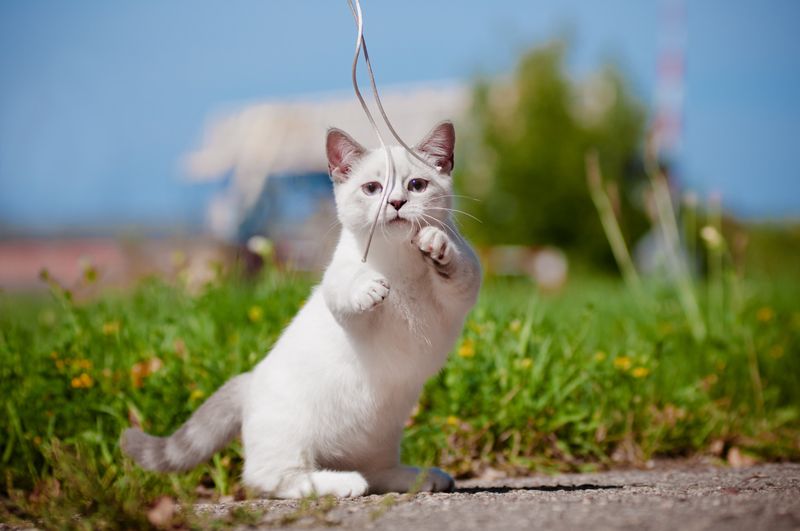
Training isn’t just for dogs; Munchkin cats benefit from behavioral training too. Ignoring this can lead to unwanted behaviors like scratching furniture or aggression. Use positive reinforcement techniques, such as clicker training, to teach them basic commands and manners.
Training sessions should be short and engaging, making learning a fun experience for your cat. Rewards like treats and praise encourage positive behavior.
A well-trained Munchkin cat is a joy to live with, and investing time in their training enhances your relationship and keeps your home harmonious.
Neglecting Their Social Needs
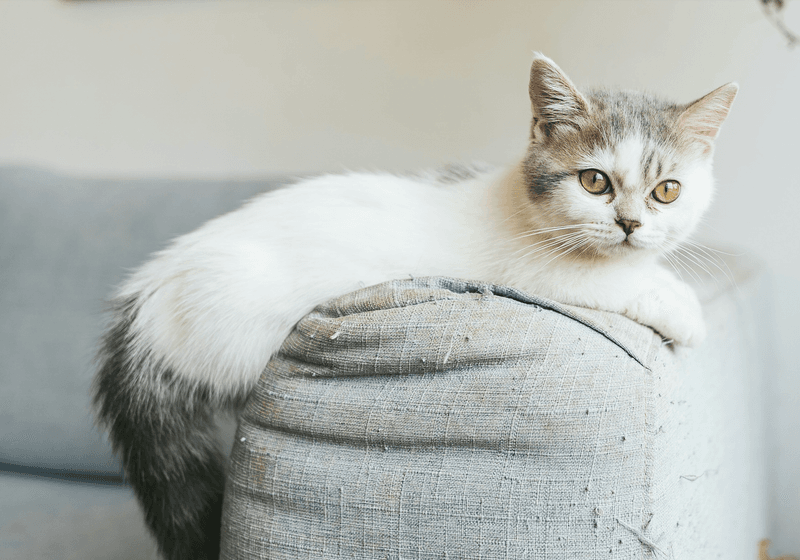
Munchkin cats thrive on social interaction, and neglecting this need can lead to loneliness and anxiety. Engage them with family activities, allowing them to be part of the household’s daily life.
Introduce your Munchkin cat to new people and pets gradually to build their confidence. Encourage social play with toys to strengthen their bonds with both humans and other animals.
Recognizing their social needs ensures a happier and more content pet, one that feels truly integrated into the family unit.
Overfeeding and Lack of Portion Control
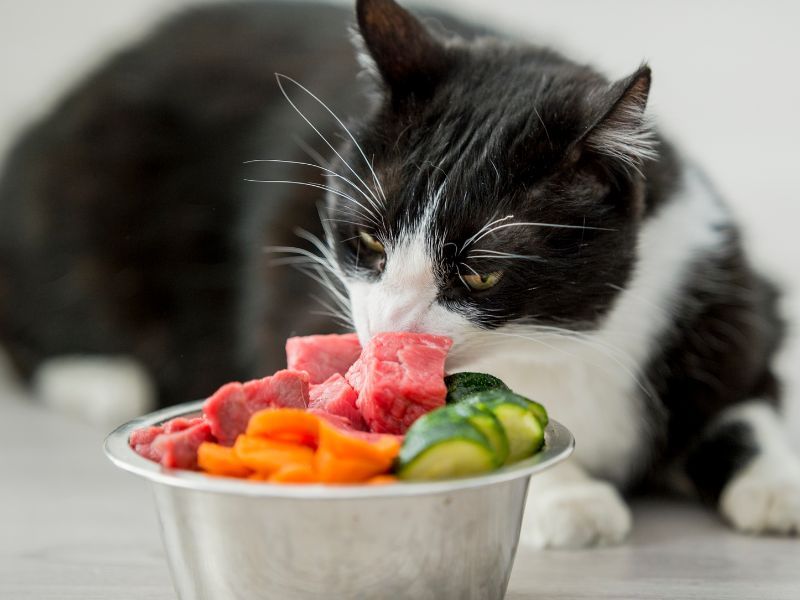
Munchkin Cats may charm you with their insatiable appetite, but it’s crucial to resist overfeeding them. Their small frames mean they are prone to weight gain, which can lead to serious health issues like diabetes and joint problems.
Establishing a consistent feeding routine with measured portions is essential. Consult your veterinarian to determine the right amount of food based on their age, weight, and activity level.
Remember, a healthy diet supports a long, active life. It’s always better to prevent obesity than to treat its consequences. Your Munchkin Cat will thank you for it!
Leaving Them Alone for Extended Periods
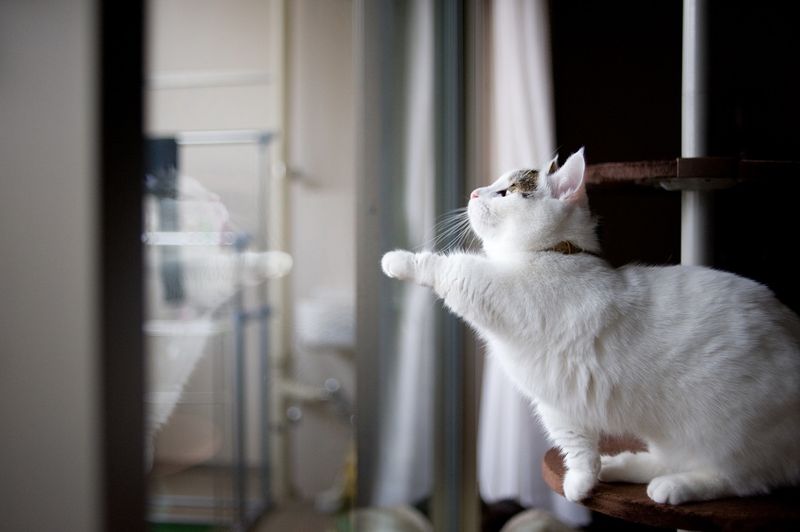
Munchkin cats are affectionate creatures that crave companionship. Leaving them alone for long periods can lead to depression and behavioral issues. If you must be away, ensure they have entertainment, like interactive toys or puzzle feeders, to keep them engaged.
Consider hiring a pet sitter or asking a friend to check on them, providing social interaction and care in your absence.
By acknowledging their need for companionship, you ensure a happier and well-adjusted pet, one that feels loved and secure even when you’re not around.
Not Providing Mental Stimulation
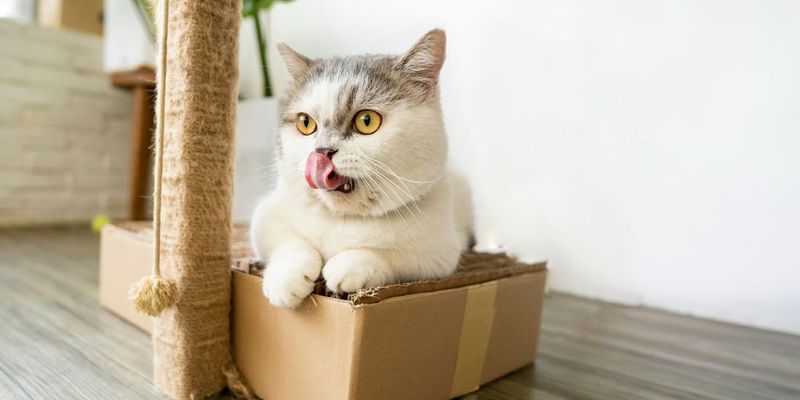
Mental stimulation is vital for a Munchkin cat’s well-being. Failing to provide this can result in boredom and destructive behavior. Incorporate puzzle feeders, interactive toys, and hide-and-seek games into their daily routine to keep their minds sharp.
Rotate toys regularly to maintain their interest and introduce new challenges to engage their curiosity.
A mentally stimulated Munchkin cat is not only happier but also more adaptable to changes, showcasing their intelligence and inquisitive nature.
Restricting Their Movement
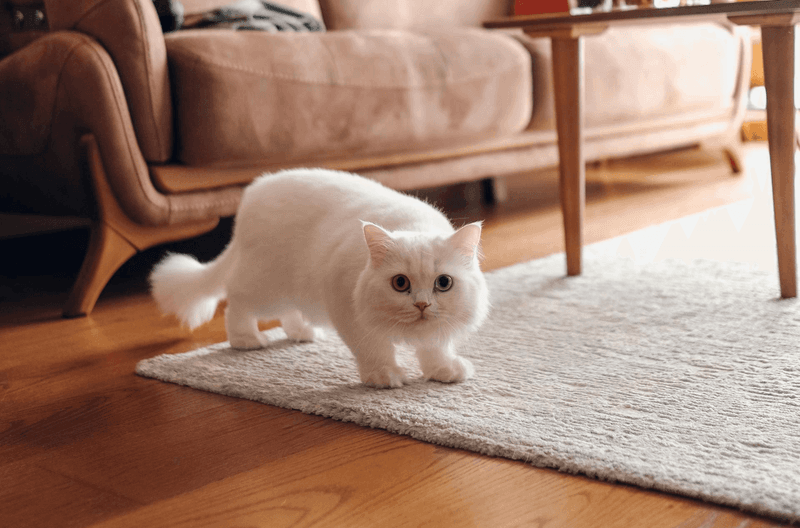
While Munchkin cats may have short legs, they love to explore. Restricting their movement can lead to frustration and obesity. Provide a safe space where they can roam freely, such as a cat-proofed outdoor enclosure.
Ensure that any outdoor areas are secure, preventing escape while allowing them to enjoy fresh air and nature’s wonders.
Encouraging exploration satisfies their curiosity and need for activity, keeping them mentally and physically fit.
Overlooking Their Need for Routine
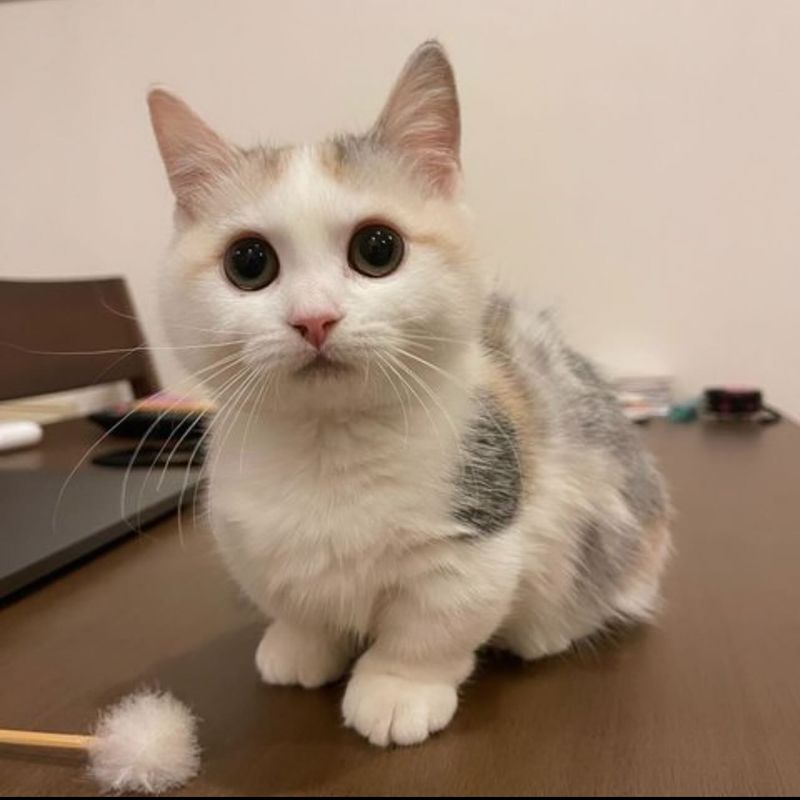
Routine is comforting to Munchkin cats, helping them feel secure and content. Disruptions in their daily schedule can cause anxiety and stress. Establishing a consistent routine for feeding, play, and rest supports their well-being.
Predictability in their environment helps them adapt more easily to changes. Consistent interaction and scheduled activities foster a stable and happy life for your Munchkin cat.
Ignoring Dental Care
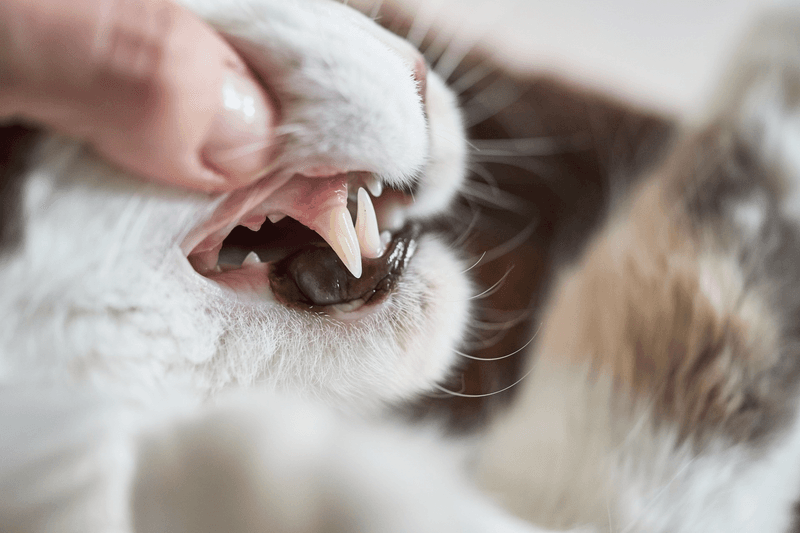
Dental care is often overlooked in cats, but it’s essential for a Munchkin’s health. Ignoring their dental needs can lead to gum disease and tooth decay. Incorporate regular brushing into their routine, using feline-safe toothpaste.
Provide dental treats and toys designed to reduce plaque and tartar, supporting their oral hygiene.
Regular dental care ensures their overall health, preventing painful dental problems and costly treatments down the road.
Using Harsh Training Methods
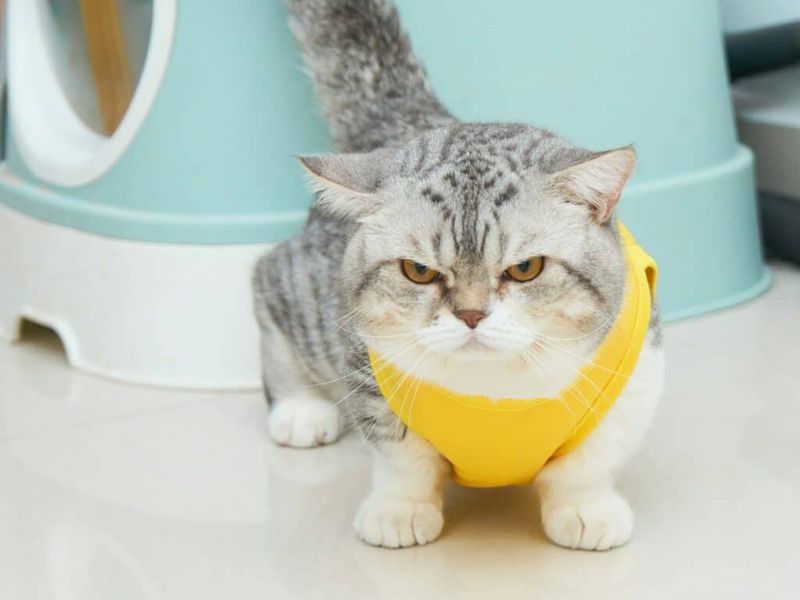
Harsh training methods can damage the trust between you and your Munchkin cat. Instead, opt for gentle, positive reinforcement techniques that encourage learning and cooperation. Punishments can lead to fear and anxiety, hindering their development.
Use treats, praise, and patience to teach desired behaviors, creating a bond built on trust and understanding.
Gentle training not only fosters a positive relationship but also nurtures a confident and happy pet, eager to learn and engage with you.
Underestimating Their Jumping Ability
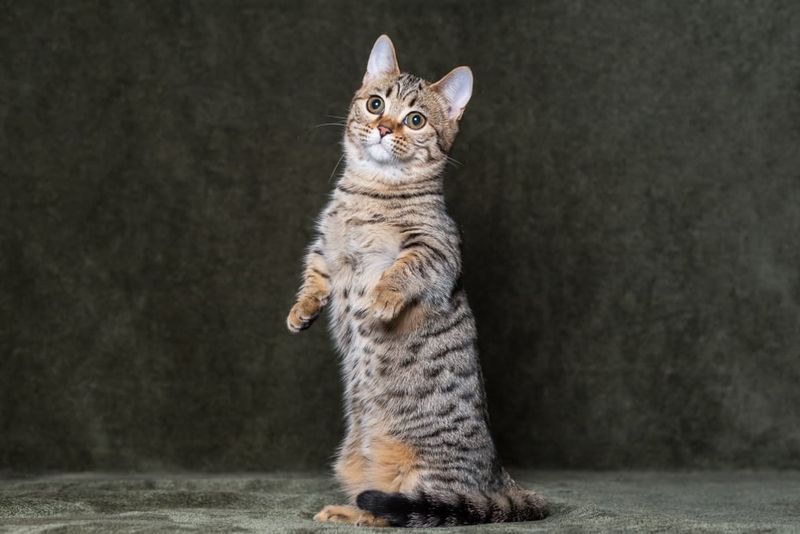
Despite their short legs, Munchkin cats can be surprisingly agile jumpers. Underestimating their jumping ability can lead to misjudged heights and potential injuries. Provide stable, low-level platforms where they can safely practice this natural skill.
Encourage their jumping with low shelves, cushions, and soft landings to build confidence and competence.
Acknowledging their jumping potential ensures they can express this aspect of feline behavior safely, contributing to their physical and emotional well-being.

